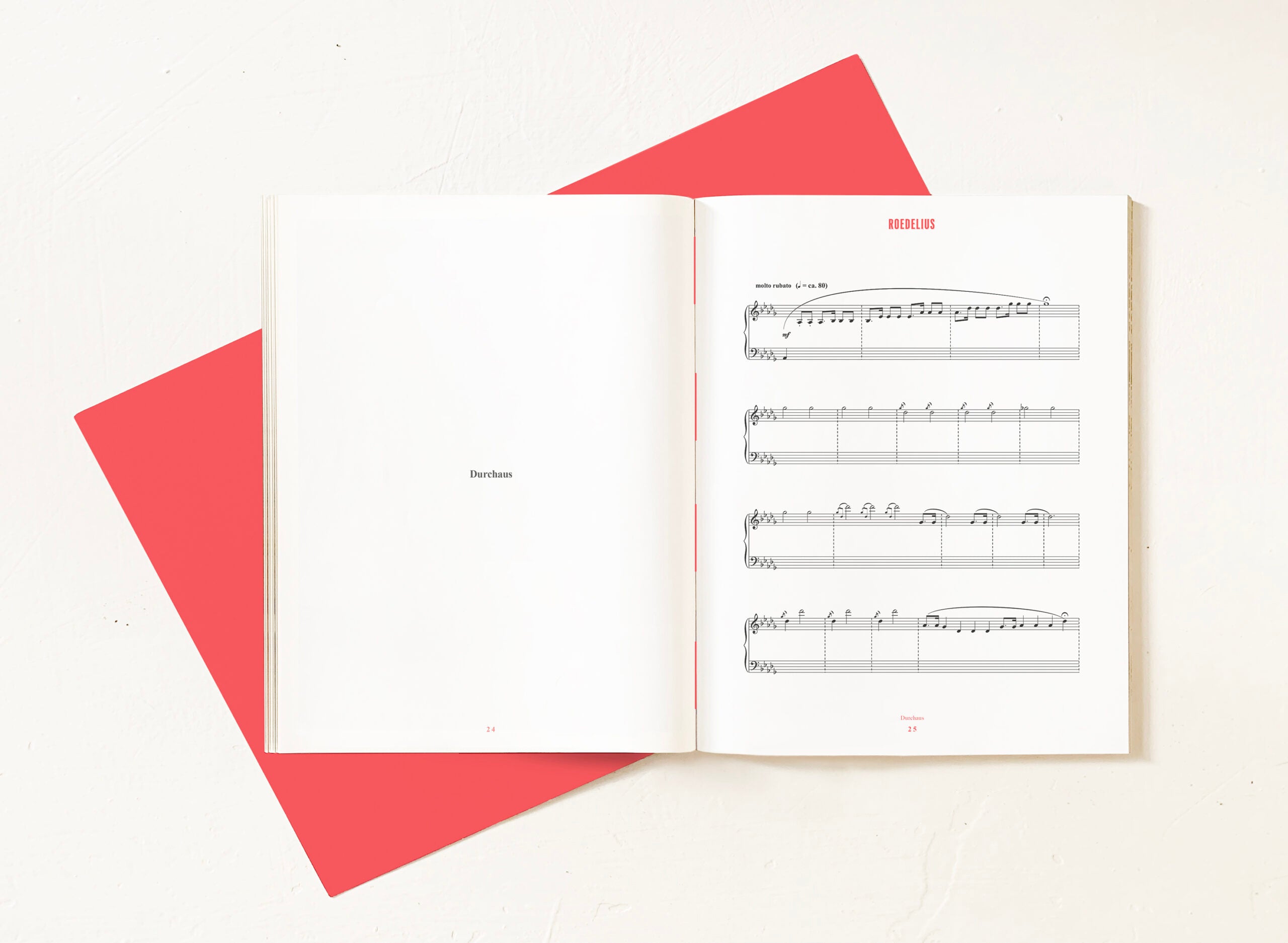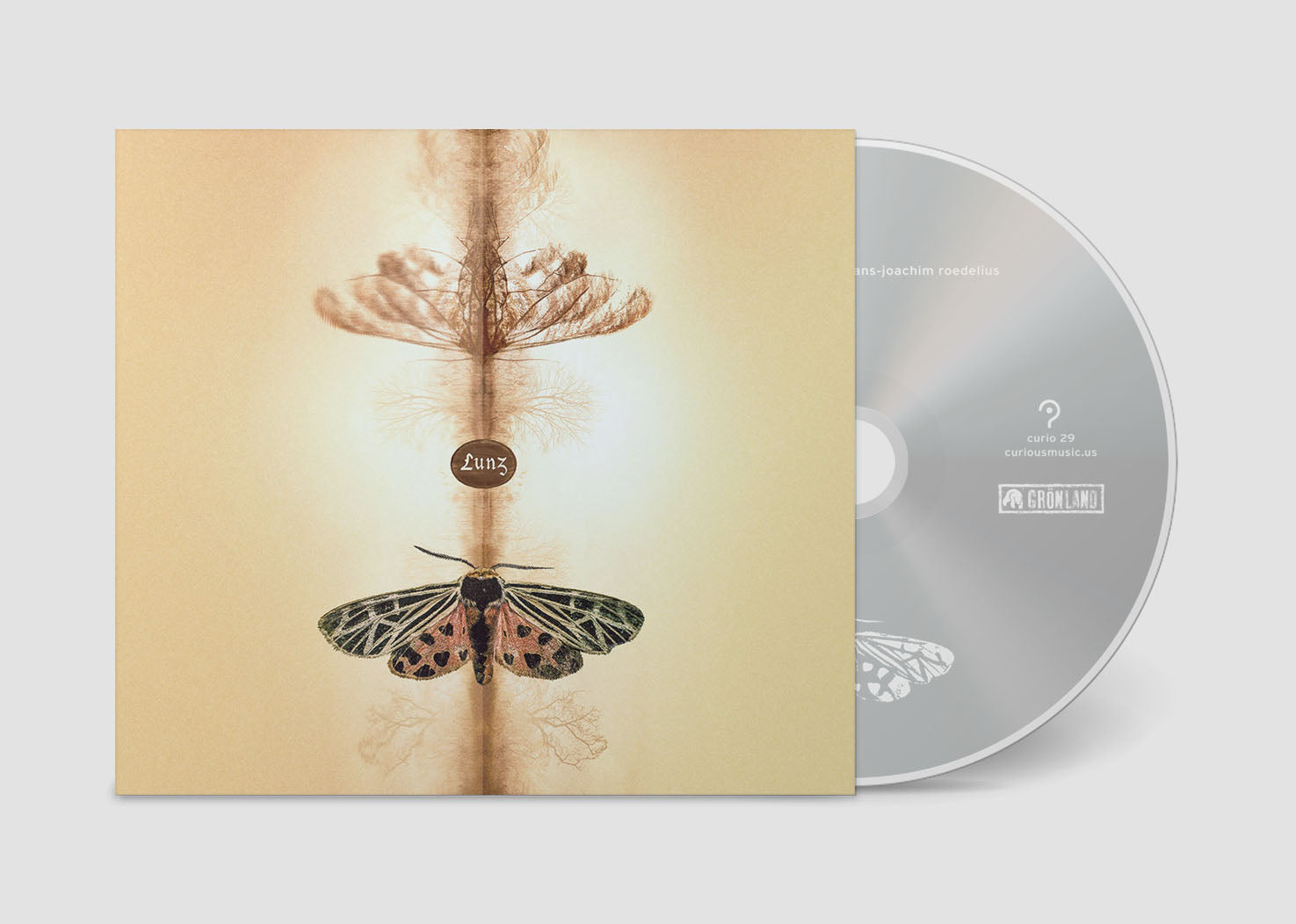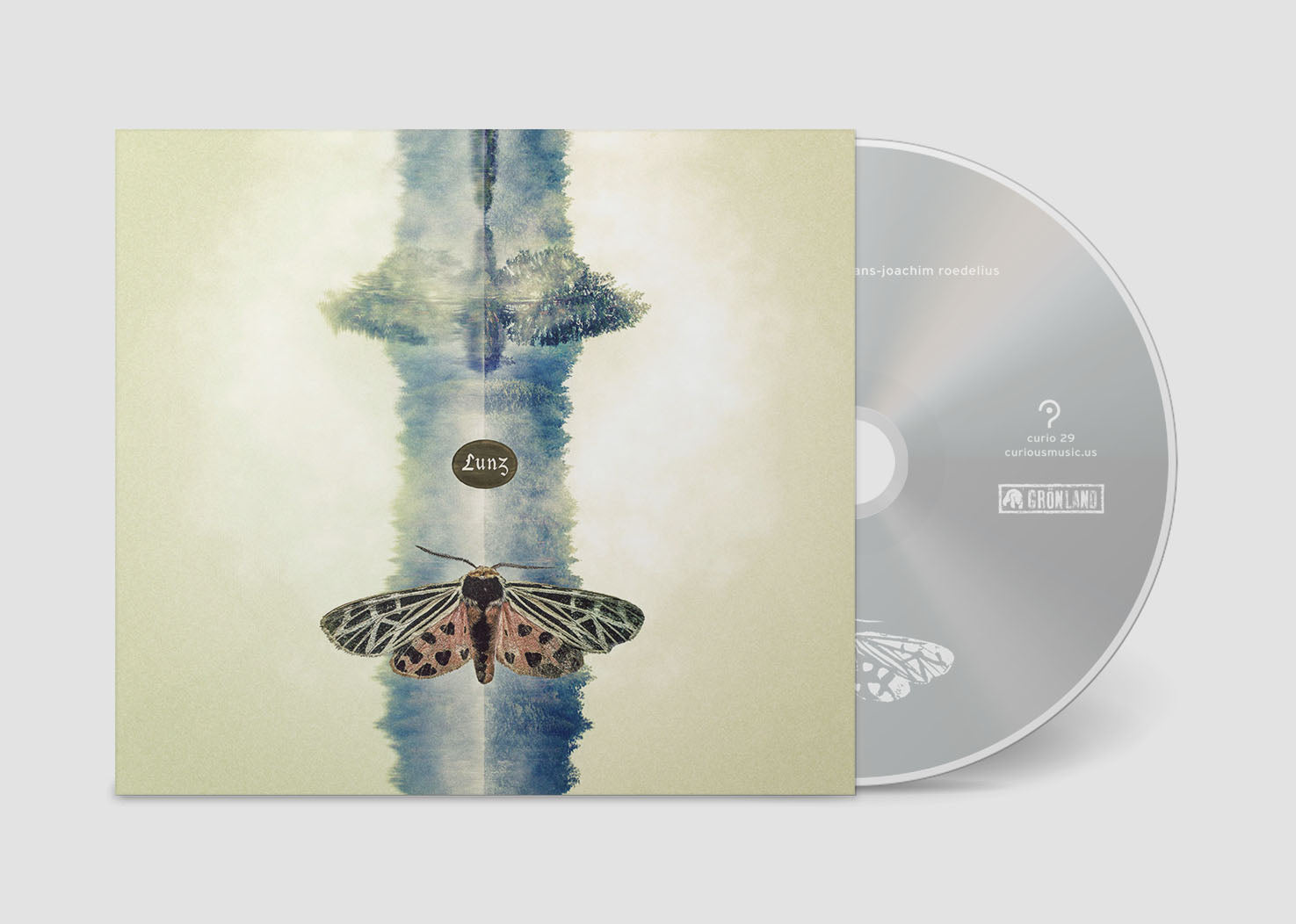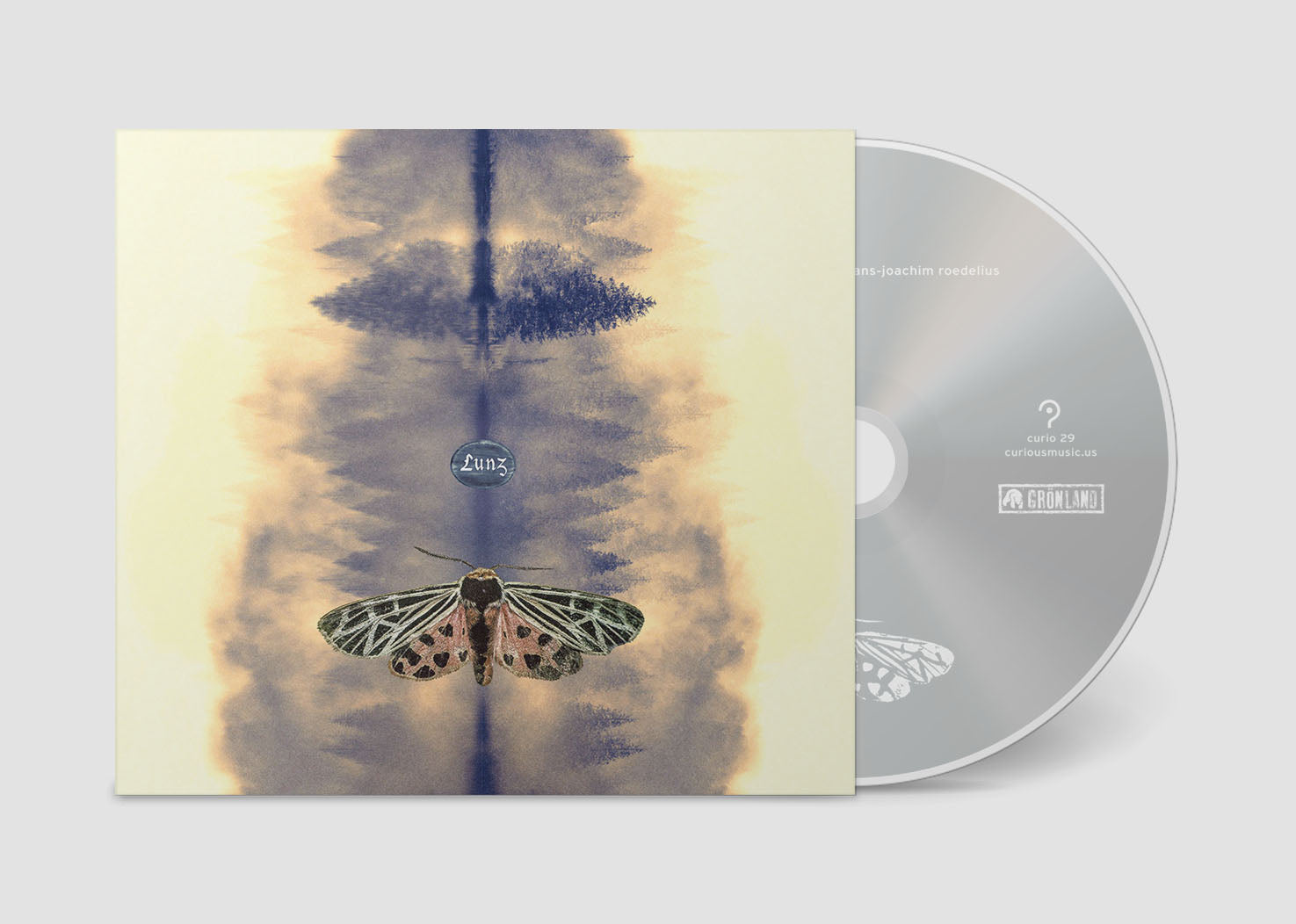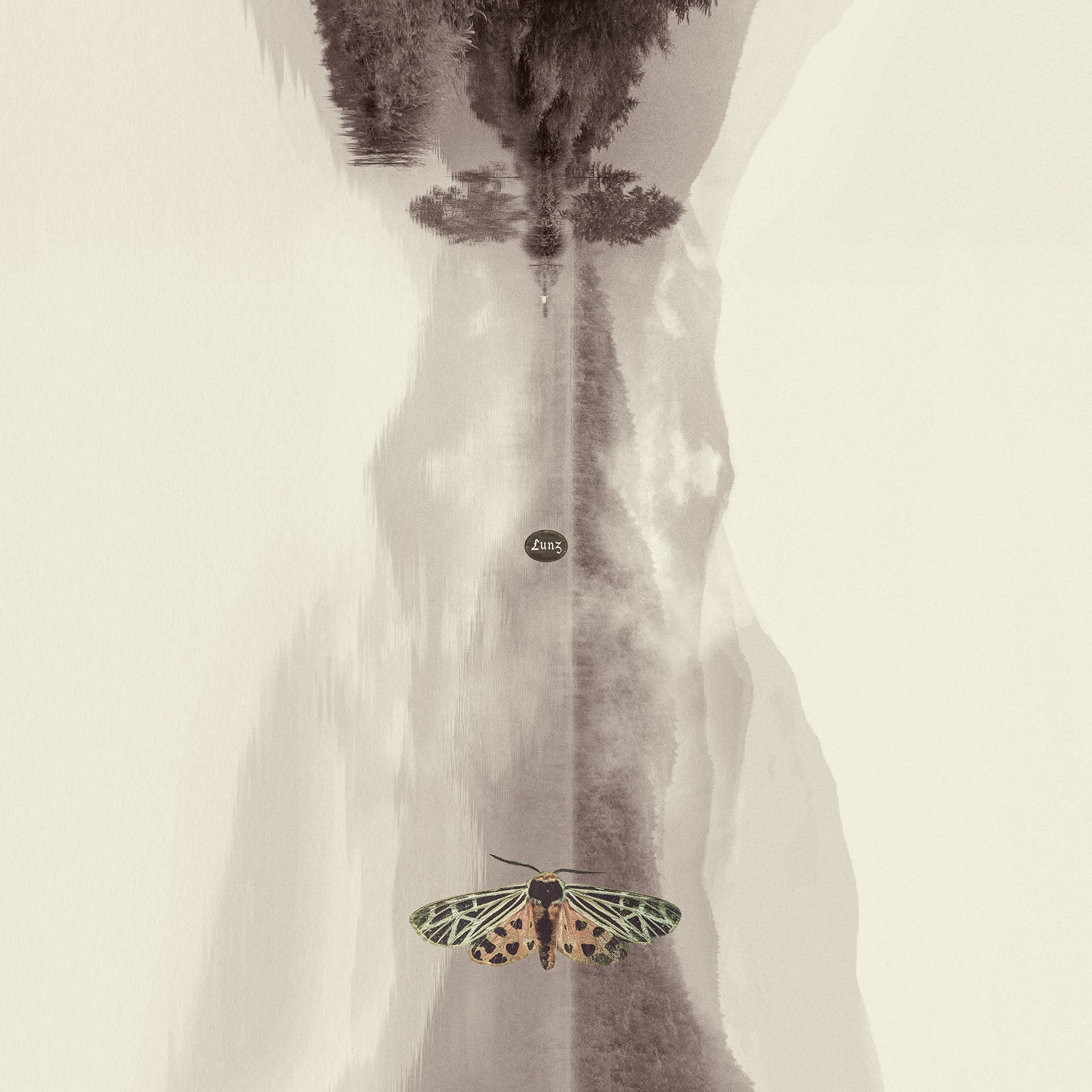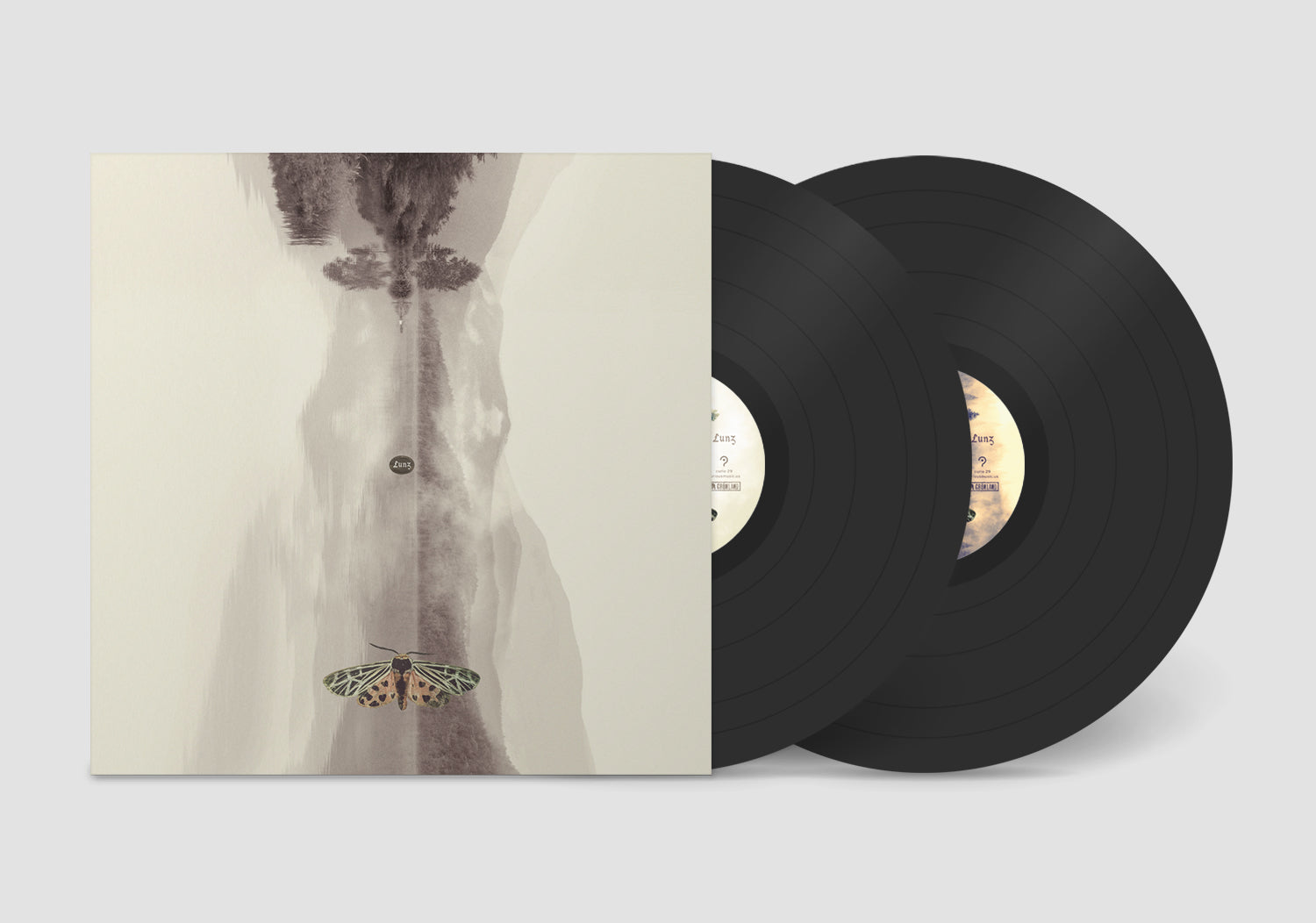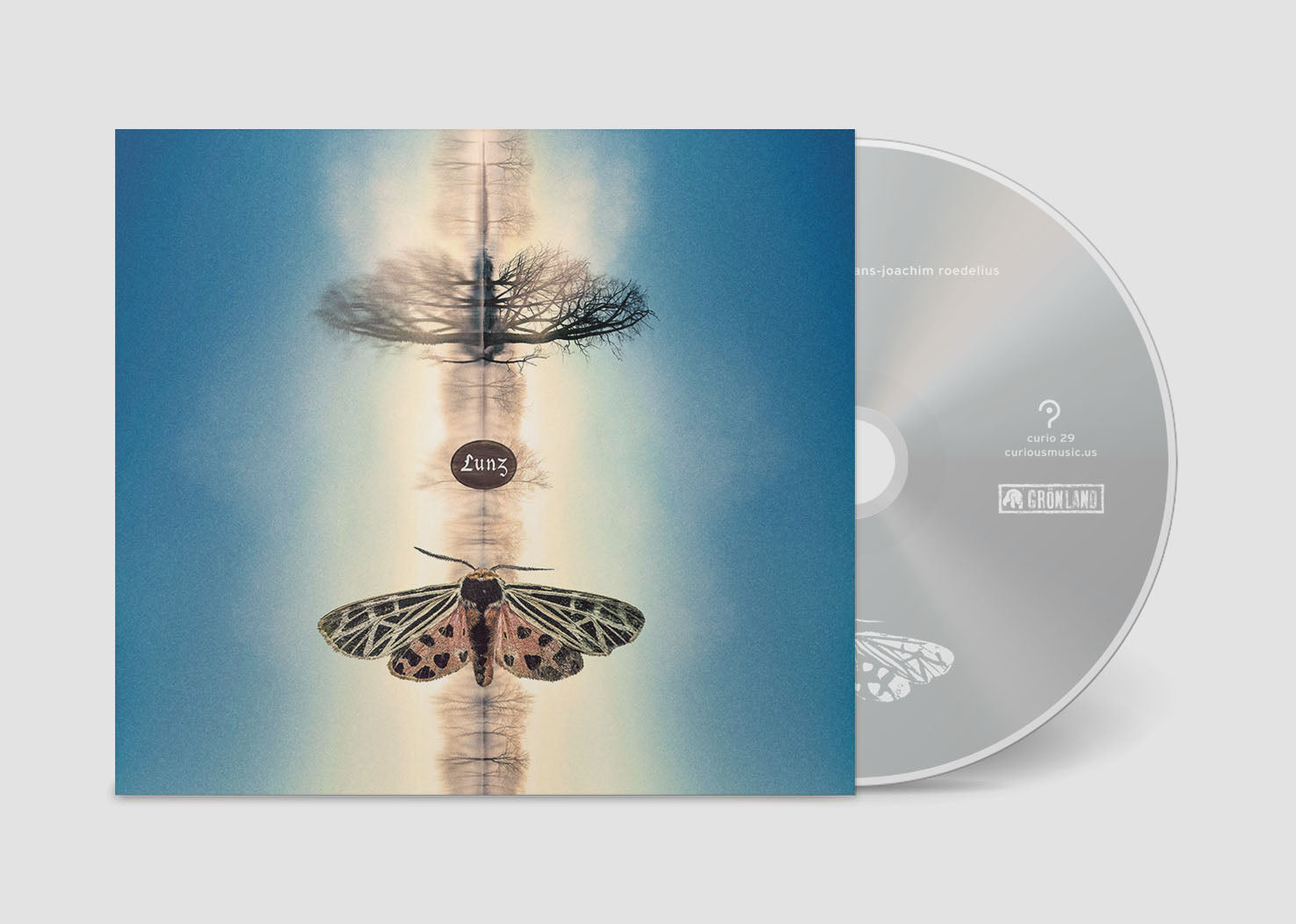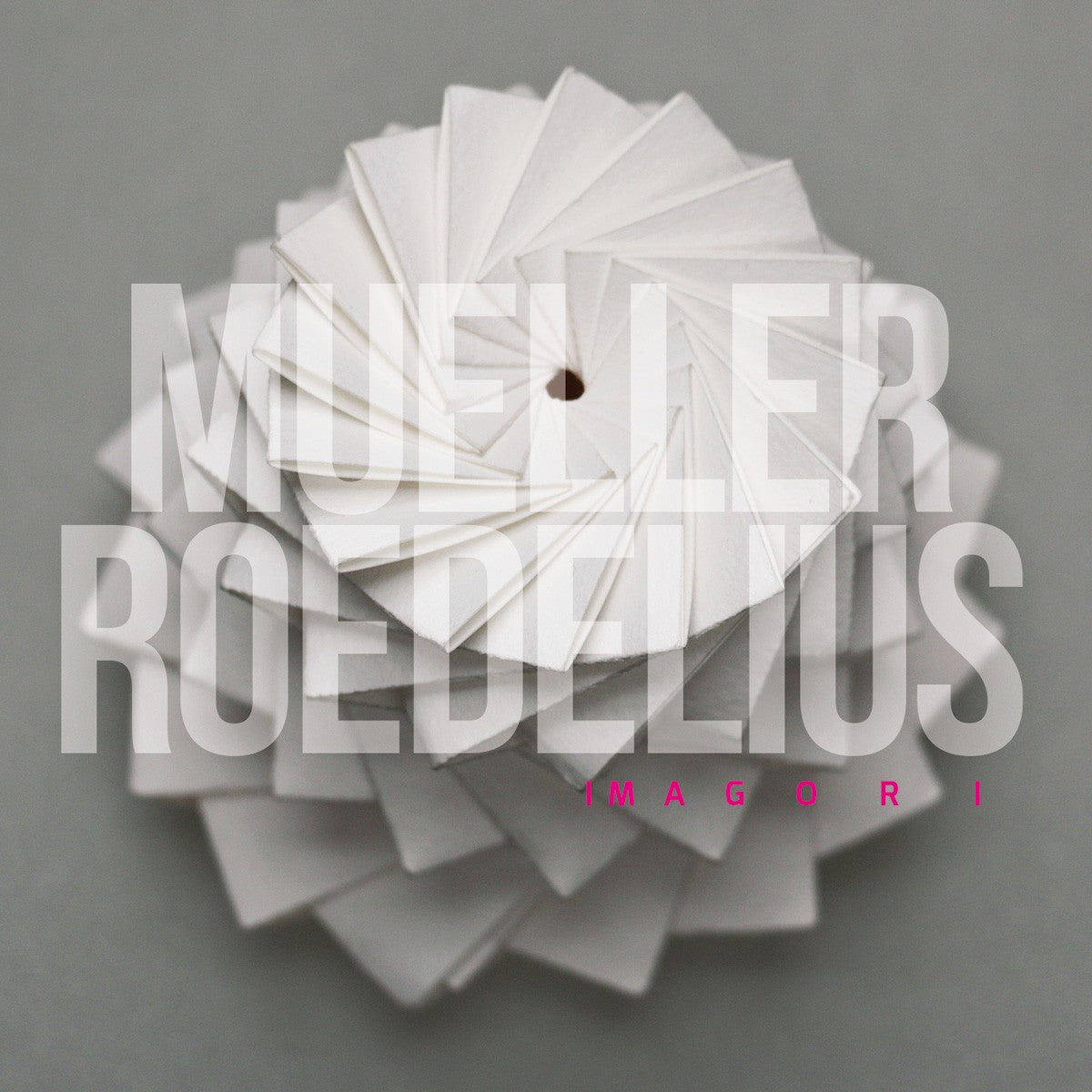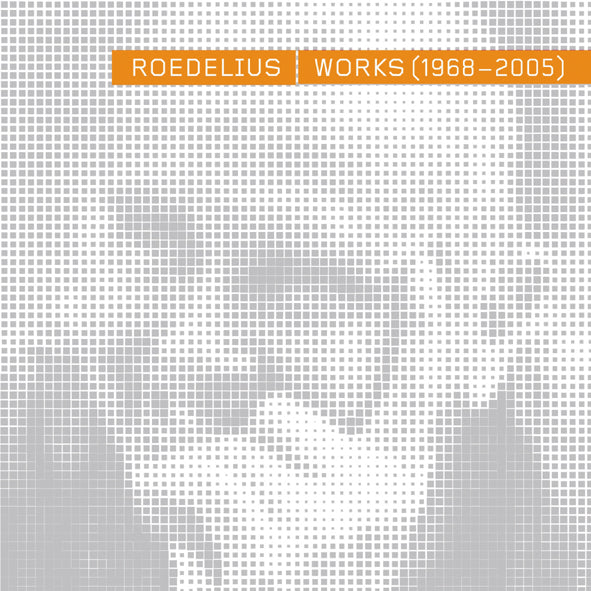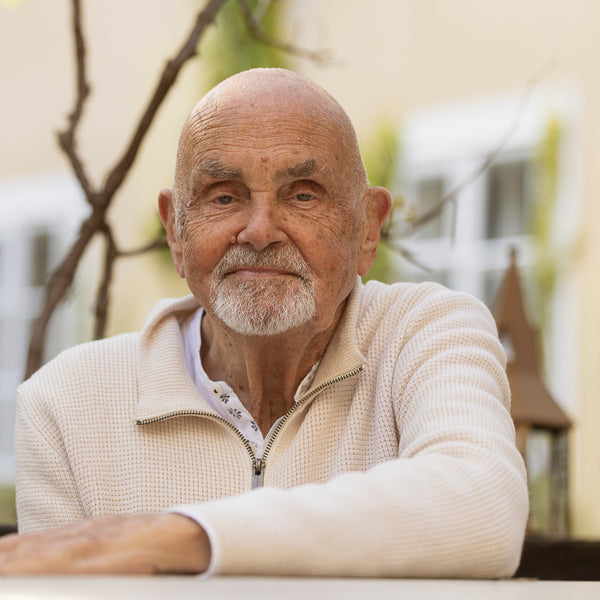
WEBSITE
Roedelius
Bands like Kluster/Cluster or Harmonia are often used by connoisseurs of pop history as visionary examples of "Krautrock". Names like Brian Eno, Holger Czukay, Konrad Plank, Dieter Moebius, Konrad Schnitzler or Michael Rother form an imaginary gathering of the most important conceptualists and composers of the electronic avant-garde of the seventies and eighties. He, right in the middle of it all, worked with them all. And created a highly comprehensive, individual sound cosmos: Roedelius.
If you're a fan of contemporary electronica, but if Roedelius is an unfamiliar name to you, then you're missing out on one of that genre's most important well-springs
BBC
Roedelius is a pioneer in the field of research and musical exploitation of electrically generated and manipulated noises, tones and sounds. He is one of the fathers of contemporary, popular, electronic instrumental music. Roedelius himself describes his musical creations as sound literature, as a philosophy of the auditory spheres, as sound cinema or listening theater.
Born in Berlin in 1934, Hans-Joachim Roedelius endured the double ordeal of a wonderful childhood, in which he took his first steps into a creative life as a model and actor in six UFA films before he was ten years old, but also of forced membership in the Hitler Youth during the war ("Hitler went mad. He wanted to make us all child soldiers in the Hitler Youth so that we would march off and fight against the Russians!"). In 1943, he and his mother fled the city, which was suffering from constant bombing and had already been largely destroyed. An odyssey criss-crossing Germany until the end of the war followed, with longer stays in what was then East Prussia and the Sudetenland. A different life under the influence of communism, with an interlude as a miner in a coal mine, forced recruitment into the "National People's Army" under the influence of the Stasi, which controlled the then-forming East Germany, awaited him at the end of this odyssey in East Berlin. Roedelius escaped this regime, sold fake jewelry and lived with other refugees in a single apartment. When he tried to cross the border in 1952 to visit his family, he was interrogated and served over two years of imprisonment in the GDR.
An inspiration to artists as diverse as Red Hot Chili Peppers, Brian Eno and Julian Cope. Roedelius has persued his unique and extraordinarily beautiful vision for half a century. He has also lived a life that screams out to be told in a movie…
Mojo
Some time after his release, his move to the western part of Berlin before the Wall was built, and training as a nurse and physiotherapist, Roedelius ended up in a creative outskirts of a different, new society, in which he now went into hiding. Finally, in the 1960s, after his hippie expeditions (for a while he was a masseur for the wife of the then President of the French Republic: "I went in and out of the Elysee Palace barefoot, which was part of my outfit as a hippie healer, along with long hair and a sheepskin coat"), after a few attempts at jazz, the founding of the music commune "Human Being", the center of Berlin's underground culture "Zodiak" and a guest of the political commune K2, Roedelius began his career as a professional composer. He experimented with a sound that he describes as "anarchistic musical actionism". Capturing the political and social climate of the resurgent nation, Roedelius was often credited as one of the musical supermasters whose style of music would later be affectionately referred to as Krautrock.
In Berlin he became a student of Konrad Schnitzler, one of Josef Beuys' first students. In 1969 Roedelius founded Kluster with Schnitzler and Dieter Möbius, which saw itself as a counterpart in the music department of Beuys' "Free Academy of Fine Arts". Their eponymous debut "Kluster" was to lay the foundations for electronic music. Their subsequent work influenced entire generations of musicians and composers of contemporary electronic music. Roedelius went on a journey across Europe with Kluster, which only ended in 1973. The trio became a duo, Kluster became Cluster, and it was not just the spelling of the band name that changed. Roedelius managed to get musical greats like Michael Rother (NEW!) and Brian Eno into the studio to fill the gap that had arisen. Such impressive collaborations run like a thread through Roedelius' history: the founding of Harmonia with Möbius, Holger Czukay (Can), Konrad Plank (Krautrock producer), Asmus Tietchens, Werner Dafeldecker, Mani Neumaier, Gilbert Bretterbauer; the collaboration with composers of contemporary modern music such as Fabio Capanni, Jurij Novoselic, Hiroshi Kobayashi and Andres Gil also impressively proves this.
This year Roedelius will be 72. While most of his Krautrock peers hung up their creative hats years ago, he has continued to develop and experiment with the abandonment of a teenager
The Wire
The audio-didactic Roedelius' extensive list of over 1000 works is interwoven with personal experience: "I am an 'improvisationally constructive' romantic, working from the centre of my life practice, as someone directly involved in the transformations and changes that followed the departure to new shores in the 1968s, as a co-founder of the commune movement in Berlin at that time, as someone directly affected by and co-creator of this cultural upheaval that was so important for post-war Germany, Europe and the entire world, in the conviction that my artistic work would be meaningless without a conscious religious connection. I was a miner in a coal mine, a shepherd, a toilet cleaner, a roofer, a nurse and cared for the dying, a jewellery salesman, a masseur... my university was life itself," he says.
Last year, the legendary artist made a name for himself with his project "Lunz", including remixes by Lloyd Cole, Faultline, Elbow, Adem, and many others, and a fine little festival in – sic! – Lunz am See. Now in 2006, "Works 1968 – 2005" is being released, an anthology in the form of a double CD that attempts to encompass Roedelius' complete work.


